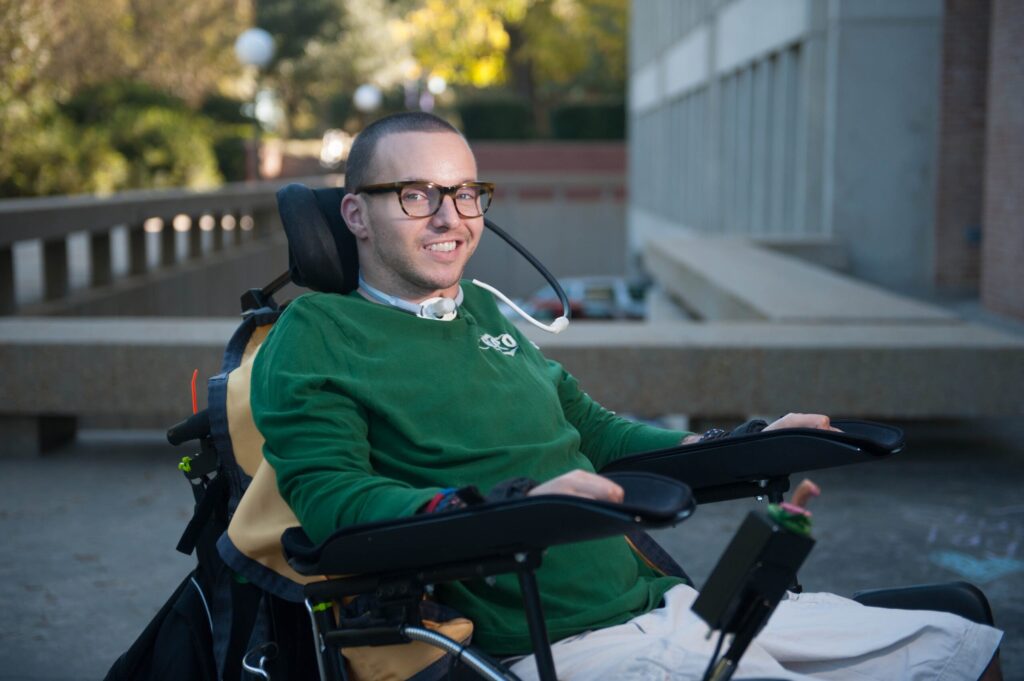It's About Dignity: Managing Bowel & Bladder Care
The indignities faced after spinal cord injury (SCI) range from loss of independence and privacy to the perpetual fear of “having an accident.” The inability to control one’s own bowel and bladder impacts every aspect of daily life. Consistently one of the top priorities identified by people with SCI, managing bowel and bladder needs continues to be an unmet challenge that has not been well represented in funding research grants.
 Because of this mismatch, we wanted to attract more focus to the issue. In March 2017, the Neilsen Foundation convened a three-day workshop with the goal of identifying key issues surrounding bowel and bladder dysfunction and developing strategies for boosting research efforts. We stepped in to provide some leadership, asking researchers and physicians, as well as people with SCI to identify the most urgent issues and imagine what could be done within 10 years.
Because of this mismatch, we wanted to attract more focus to the issue. In March 2017, the Neilsen Foundation convened a three-day workshop with the goal of identifying key issues surrounding bowel and bladder dysfunction and developing strategies for boosting research efforts. We stepped in to provide some leadership, asking researchers and physicians, as well as people with SCI to identify the most urgent issues and imagine what could be done within 10 years.
Since then, we approved approximately $4.5 million in grants for nine research studies. And, working with our partners at Paralyzed Veterans of America, an updated Clinical Practice Guidelines (CPGs) for Management of Bowel Dysfunction was published in 2020, and a CPG update for bladder management is expected to be completed in 2024. Funding for research focused on bowel and bladder care by federal agencies has also expanded in the last few years.
The hope is that researchers with new ideas and crosstalk between experts from different fields will lead to exciting advances as more resources and funding opportunities become available. “It’s rewarding to know that our efforts motivated the development of these important studies,” Neilsen Foundation Program Officer Tracey Wheeler explains. “Researchers had noted many challenges in progressing their ideas, due to lack of funding and other roadblocks, and the Foundation prioritized this research, ensuring treatments for SCI bowel and bladder dysfunction would advance.”
Some of the new research is aimed at increasing our knowledge of how bowel dysfunction develops following SCI. New treatments being studied include drug and dietary therapies to prevent, manage, and reverse the dysfunction. Electrical stimulation designed to improve both bowel and bladder care has also become a major topic of research to help people with chronic injuries. The goal these efforts share is to identify successful new treatment options that will reduce the indignities of bowel and bladder management experienced by people with SCI.
Everyone deserves peace of mind, and improving the quality of life for people living with SCI is our goal. The development of and access to readily available, less-intrusive options must be a priority. We have seen growth in the numbers of researchers focusing their talents here, and we are hopeful their advances will become tomorrow’s treatment. We are excited to see where the next, best idea is coming from.